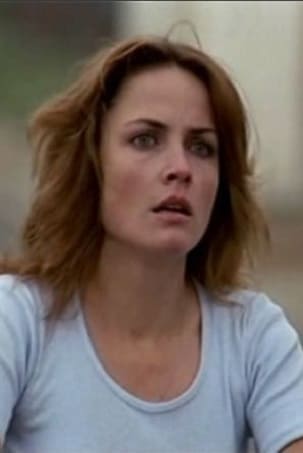
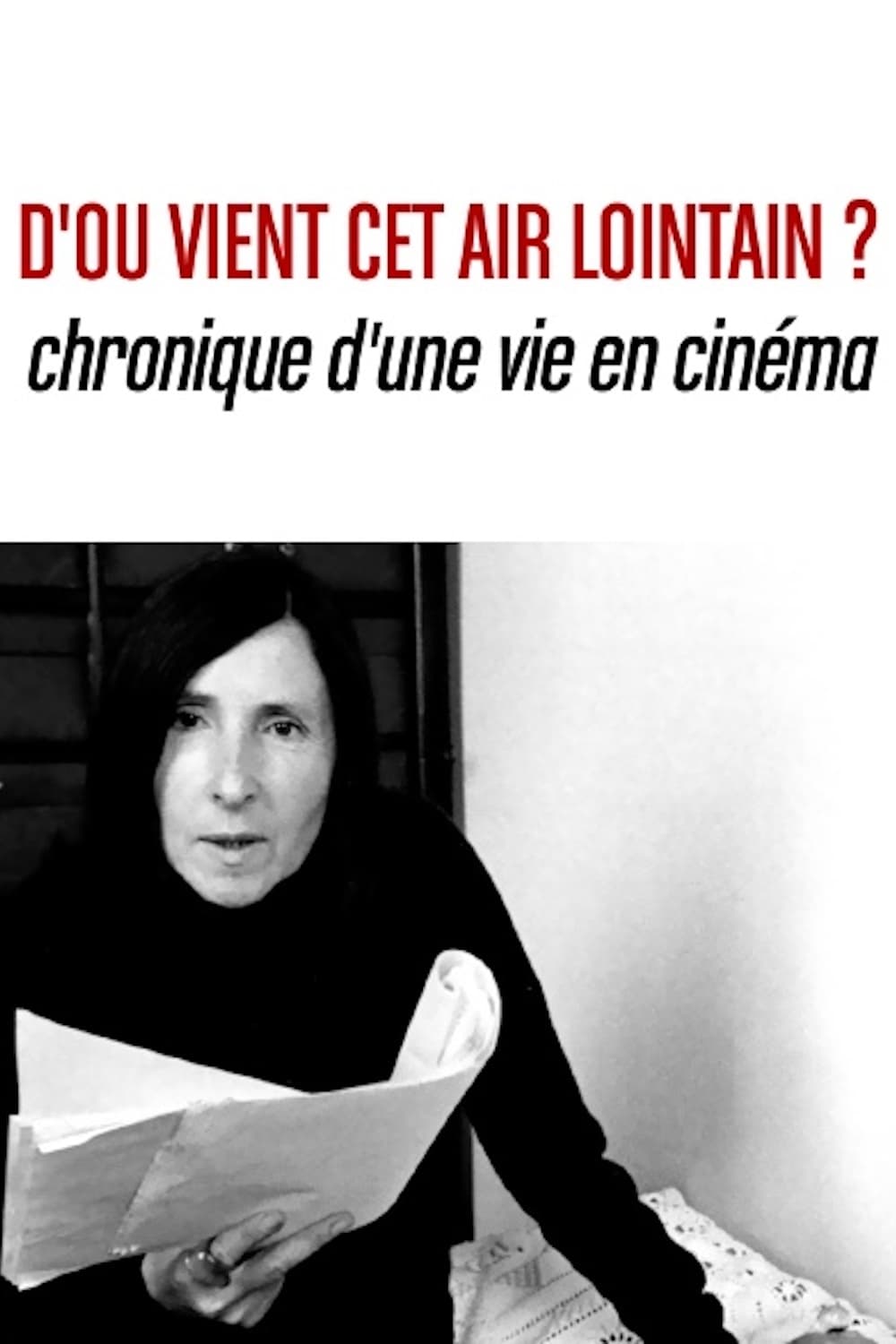
In the evening of her life, Yannick Bellon reflects on her past. She evokes her career as a film director, which began in the 1940s and the themes, sometimes controversial (rape, bisexuality, drugs, ecology) she chose to deal with. She also tells about her friendships, her loves, her leftist political commitment, which earned her many troubles with the censors.
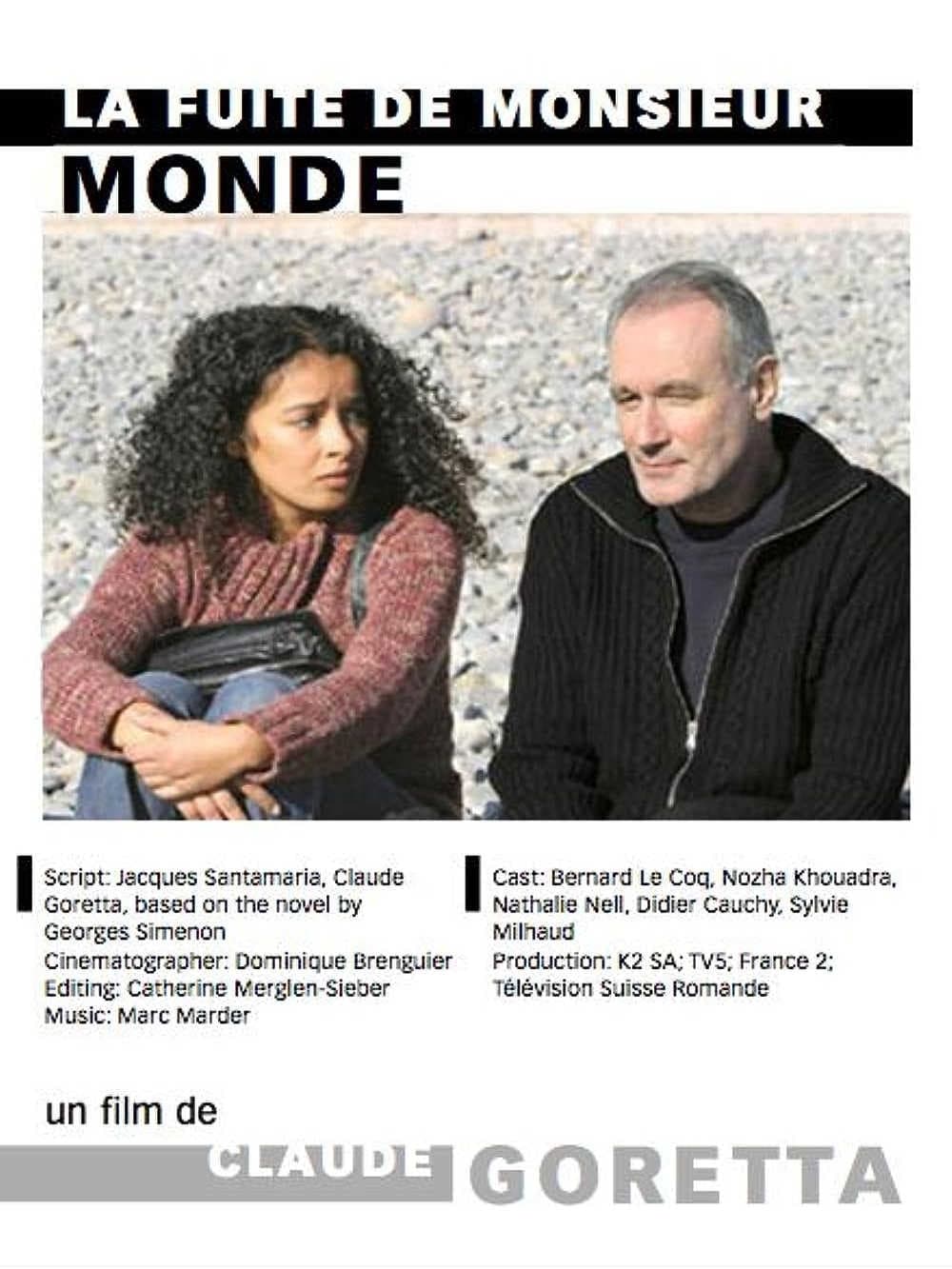
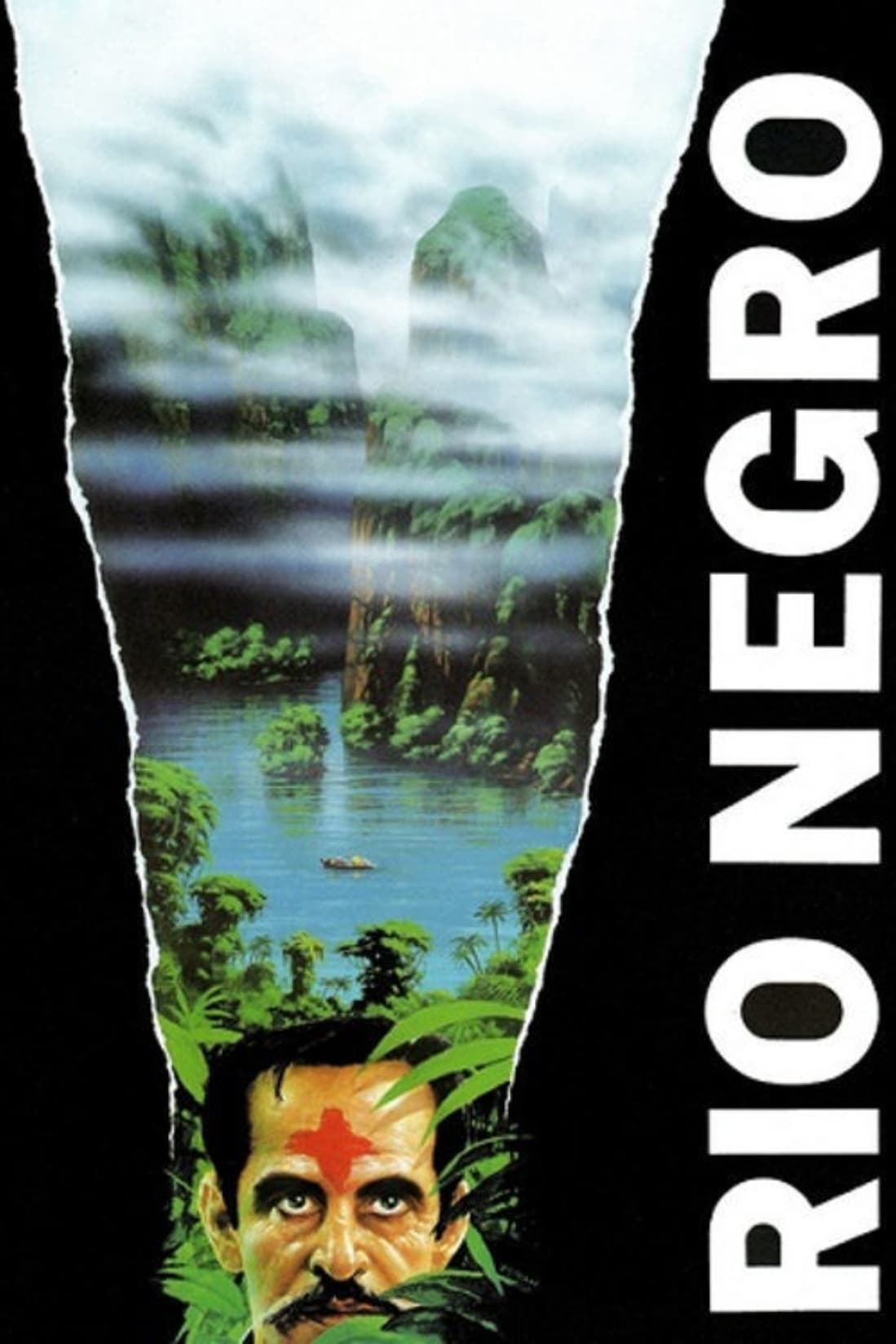
Río Negro is the struggle of two men, Osuna and Funes, hungry for power and wealth in a small town in Venezuela, during the dictatorship of Juan Vicente Gómez
Reading old letters, a young girl from Châteauroux, Carole, discovers that her father was an American soldier whose regiment was based in town in the 1950s. She will try by all means to find people who remember this period.
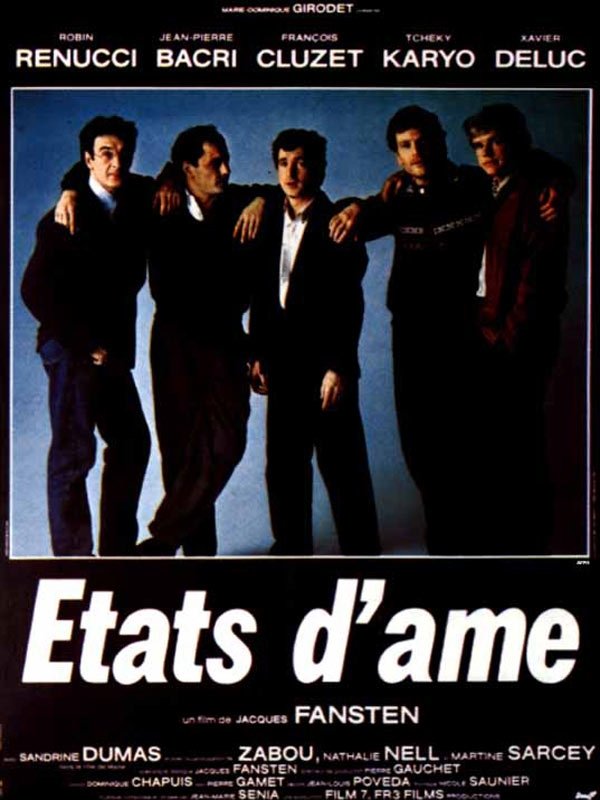
In this political drama, five left-leaning friends gradually lose heart in the Socialist government elected in 1981 in France. One of the five men is a television broadcaster; the others are a teacher about to become an academic inspector, a tax man, the director of a cultural center, and a sociologist who is about to step into a ministerial position. Their interlocking lives are told in alternating vignettes over a four-year period, and the professions director Jacques Fansten has chosen for his main characters seem to be a comment on the media, education, budget or finance, the arts, and government bureaucracy under Socialist rule.
By browsing this website, you accept our cookies policy.